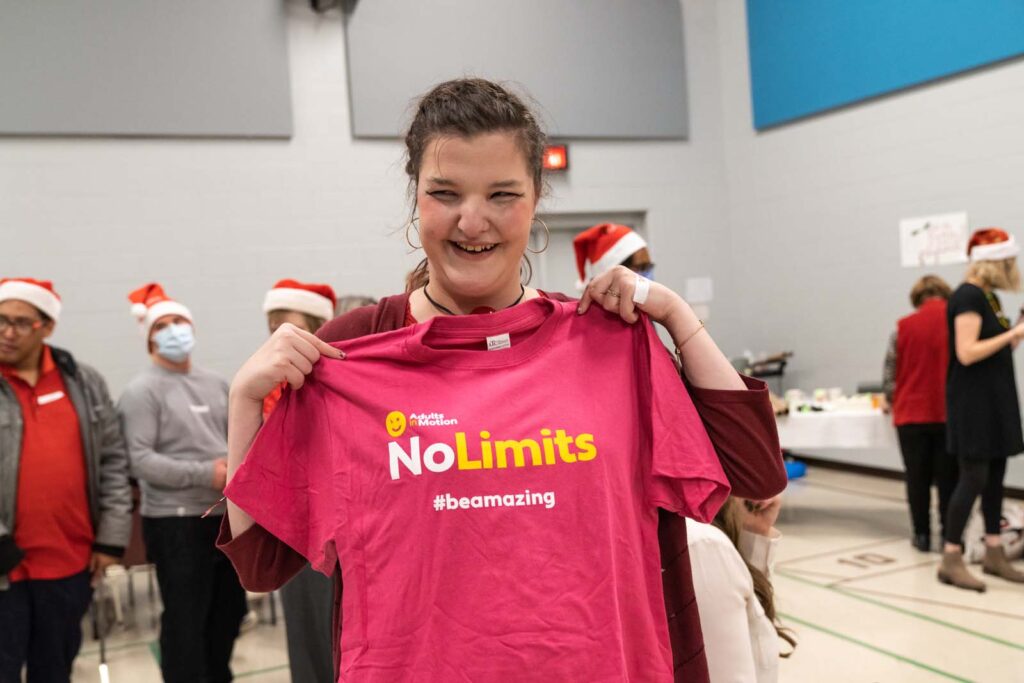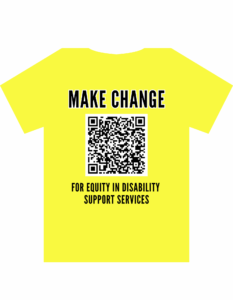Representation matters, and the way disabled individuals are portrayed in films, television shows, books, and other media can significantly impact public understanding and attitudes. Simply said, the media plays a significant role in shaping society’s perceptions of disability. Exploring the importance of authentic disability representation and its role in fostering a more inclusive society is worth talking about.
The Importance of Authentic Representation
Authentic representation of disability in media is crucial for several reasons:
- Visibility and Normalization: When disabled characters are portrayed authentically, it helps normalize disability in society and shows that disabled individuals are an integral part of our diverse world.
- Breaking Stereotypes: Accurate portrayals can challenge misconceptions and stereotypes about disability, promoting a more nuanced understanding.
- Role Models: Disabled individuals, especially young people, benefit from seeing themselves represented positively in the media.
- Education: Authentic portrayals can educate the public about different disabilities and the lived experiences of disabled individuals.
- Employment Opportunities: Increased representation can lead to more job opportunities for disabled actors, writers, directors, and other media professionals.
The Current State of Disability Representation
Despite making up a significant portion of the global population, people with disabilities are often underrepresented or misrepresented in the media. When they do appear, characters with disabilities are frequently:
- Played by non-disabled actors
- Portrayed as one-dimensional characters defined solely by their disability
- Depicted as objects of pity or inspiration rather than complex individuals
- Shown overcoming their disability rather than living with it as a part of their identity
These portrayals can perpetuate harmful stereotypes and misconceptions about the disability community.
Positive Trends in Disability Representation
While there’s still much progress to be made, recent years have seen some positive developments in disability representation:
- Increased casting of disabled actors in disabled roles
- More complex and multidimensional disabled characters in TV shows and films
- Growing number of disabled content creators on social media platforms
- Emergence of disability-focused podcasts and web series
- Inclusion of disability narratives in mainstream literature and children’s books
The Impact of Positive Representation
When done well, authentic disability representation can have a profound impact:
- Increased empathy and understanding among non-disabled individuals
- Improved self-esteem and sense of belonging for disabled individuals
- Reduction in stigma and discrimination
- Greater awareness of accessibility issues and disability rights
- Inspiration for disabled individuals to pursue careers in media and the arts
How to Support Better Disability Representation
As consumers and allies, we can all play a role in promoting better disability representation:
- Support media that features authentic disability representation
- Speak up against harmful or stereotypical portrayals
- Follow and amplify disabled content creators and artists
- Advocate for inclusion of disabled individuals in writer’s rooms, production teams, and executive positions
- Educate yourself about different disabilities and the importance of representation
As we celebrate Disability Pride Month, let’s recognize the power of media representation in shaping societal attitudes. By supporting and demanding authentic portrayals of disability in all forms of media, we can contribute to a more inclusive and understanding world. Remember, representation isn’t just about seeing disabled individuals on screen or in print—it’s about seeing them as full, complex human beings with stories worth telling and voices worth hearing. Let’s work together to ensure that disability representation in media reflects the rich diversity and lived experiences of the disability community.
By Abigail Murphy, Disability Advocate





